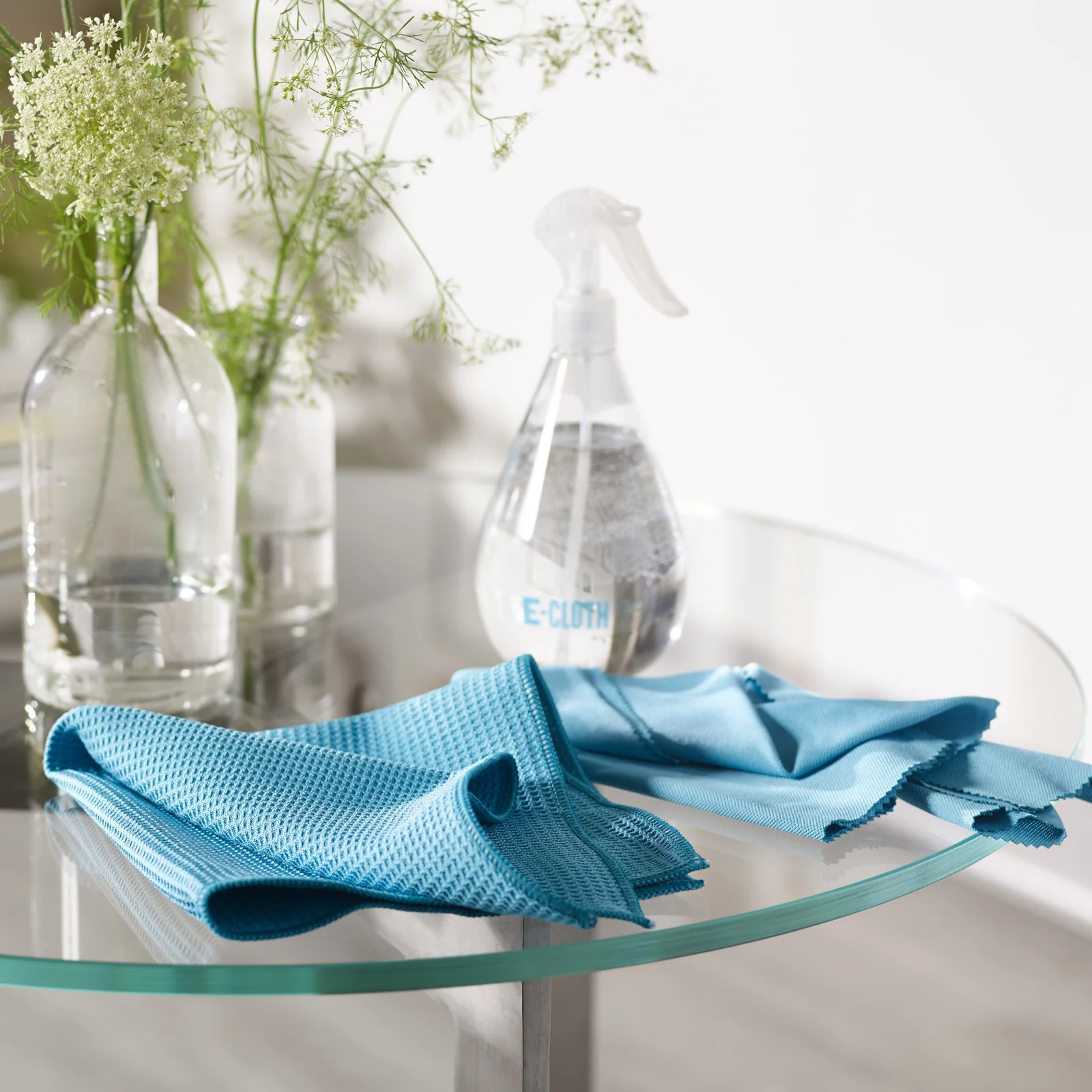Table of content:
How Often You Should Clean Your Bird cages
Consequences of Skipping Bird cages Cleaning
DIY Methods to Clean Your Bird cages
Keeping your bird’s cage clean is essential for both your pet’s health and the comfort of your home. Establishing a regular cleaning routine—ranging from daily spot-cleaning to more thorough weekly and monthly maintenance—helps prevent odors, reduces health risks, and keeps pests at bay. By staying consistent with these cleaning intervals, you not only make the task more manageable but also ensure a safe, pleasant environment for your feathered friend. A well-maintained cage supports your bird’s well-being and makes life easier for you, highlighting the importance of knowing how often to clean and care for every part of their habitat.

A Clean You Can See
Our high-performance microfiber products simplify cleaning, making it quick, easy, and effective, so you can enjoy visible results without the fuss. No streaks, just results.
How Often You Should Clean Your Bird cages
Frequency for Cleaning Your Bird Cages
- Daily Spot-Cleaning: To keep your bird’s living space fresh, you should remove droppings, uneaten food, and any spilled water every single day. This daily upkeep prevents the buildup of grime and reduces odors, making the environment safer and more comfortable.
- Weekly Thorough Clean: Once a week, break out the cleaning routine that involves disassembling accessories, removing all bedding or substrate, and giving the entire cage a more detailed wipe-down. This regular deep clean ensures that residue or dried droppings, which are not cleared by daily maintenance, are properly taken care of.
- Monthly Deep Clean of Cage Accessories: Items like perches, toys, and feeders should be cleaned and, if possible, dried thoroughly on a monthly basis. This keeps them free of any stubborn deposits. Consistent cleaning and air-drying are crucial because moisture left in these items can lead to unwanted buildup over time.
- Why This Frequency? Daily cleaning tackles the immediate mess before it hardens into stains or buildup, dramatically lowering the risk of persistent odors and potential stress for your feathered friends. Weekly cleaning ensures that all surfaces, including hidden crevices, are refreshed, preventing any kind of residue that might not be visible at first glance. Monthly maintenance of accessories guarantees that every piece of your bird’s habitat remains in top condition, supporting overall health and well-being.
- Consistency is Key: Regular intervals in cleaning not only keep your bird’s home in tip-top shape but also make each session less overwhelming than if you were to wait until everything is a mess. This schedule builds a manageable routine where each step has its place and purpose.
Streak-Free Wherever You Need It
E-Cloth is committed to delivering a clean you can see—effortlessly erasing messes with just water for a spotless shine, free of streaks and added chemicals.

Consequences of Skipping Bird cages Cleaning
- Odor Explosion: Skip cleaning your bird’s cage and you’ll quickly discover a new “air freshener”—and not the good kind. Bird droppings, leftover food, and spilled water combine to create a powerful, lingering smell that can take over your entire room. This isn’t just unpleasant; it can make your home feel less inviting for everyone, including your feathered friend.
- Health Risks for Your Bird: A dirty cage is a breeding ground for bacteria, mold, and fungus. These can irritate your bird’s respiratory system and lead to infections or other health issues. Birds are especially sensitive to air quality, so a neglected cage can make them sick faster than you might think.
- Pest Problems: Old food and droppings attract unwanted guests like flies, ants, and even rodents. Once these pests move in, they’re tough to evict, and they can bring their own set of problems for both you and your bird.
- Stained and Damaged Cage: Bird droppings are surprisingly tough on cage materials. If left to sit, they can stain or even corrode bars and trays, making the cage harder to clean in the future and shortening its lifespan.
- Unpleasant Cleaning Chores Later: The longer you wait, the harder the job gets. Dried droppings and stuck-on food require more elbow grease and time to remove. Regular quick cleanings are much easier than tackling a cage that’s been ignored for weeks.
- Impact on Your Own Health: A dirty cage doesn’t just affect your bird. Dust, dander, and mold can become airborne, affecting the air quality in your home and potentially causing issues for people with allergies or sensitivities.
DIY Methods to Clean Your Bird cages
.svg)
White Vinegar and Water Solution
Mix equal parts white vinegar and water in a spray bottle. Spray the solution onto the bird cage surfaces and let it sit for a few minutes. Wipe clean with a cloth or sponge to remove dirt, stains, and odors. This natural method is safe and effective for regular cage cleaning.
.svg)
Baking Soda and Lemon Juice Paste
Mix equal parts baking soda and lemon juice to form a paste. Apply the paste to dirty areas of the bird cage using a sponge or brush. Let it sit for a few minutes, then scrub and rinse thoroughly with water. This natural cleaner helps remove stains and neutralize odors safely.
.svg)
Hydrogen Peroxide and Water Spray
Mix equal parts hydrogen peroxide and water in a spray bottle. Spray the solution onto the bird cage surfaces and let it sit for a few minutes. Wipe clean with a cloth or sponge. This method disinfects and removes stains without harsh chemicals.
.svg)
Steam Cleaning with Handheld Steamer
Fill a handheld steamer with water and allow it to heat up. Direct the steam onto the bird cage surfaces, focusing on bars and corners. Wipe away loosened dirt and debris with a clean cloth. This chemical-free method sanitizes and removes grime effectively.
.svg)
Incomplete Disinfection Risk
Using a white vinegar and water solution may not fully disinfect bird cages, leaving harmful bacteria or viruses behind. This incomplete disinfection can pose health risks to birds, as some pathogens may survive and cause illness.
.svg)
Odor Penetration Issues
Baking soda and lemon juice paste may not fully eliminate strong bird cage odors, as the mixture can mask smells temporarily but may not penetrate porous surfaces or remove deeply embedded odors, leading to persistent unpleasant smells.
.svg)
Hidden Residue Buildup
Hydrogen peroxide and water spray may leave hidden residue buildup in cage crevices, which can harbor bacteria and odors, reducing cleaning effectiveness and potentially impacting bird health over time.
.svg)
Insufficient Heat Penetration
Handheld steamers may not generate enough heat to fully penetrate cage surfaces, leaving behind bacteria, viruses, or debris. This can result in incomplete disinfection and potential health risks for birds.
Ready for an Easier Way to Clean?
Skip the mixing, spraying, and scrubbing. With E-Cloth, you get a streak-free shine using just water—no added chemicals, no hassle. Make every window sparkle the simple way.
Explore other Articles
Headphones
Learn how often to clean your headphones for optimal sound and hygiene. Simple tips to keep them fresh and lasting longer.
Bookshelves
Discover the ideal frequency to clean your bookshelves for a dust-free, organized, and fresh home library.
Jeans
Discover the ideal frequency to clean your jeans for lasting style, comfort, and fabric care. Keep them fresh and durable!
Range hood filter
Learn how often to clean your range hood filter for optimal kitchen air quality and appliance efficiency. Keep it fresh and safe!
Washing machine
Learn how often to clean your washing machine for optimal performance and freshness. Keep your laundry fresh and your machine efficient!
Garage floors
Discover the ideal frequency for cleaning your garage floors to keep them spotless and well-maintained year-round.
Experience Real Cleaning
A Clean You Can See
Experience Real Cleaning


